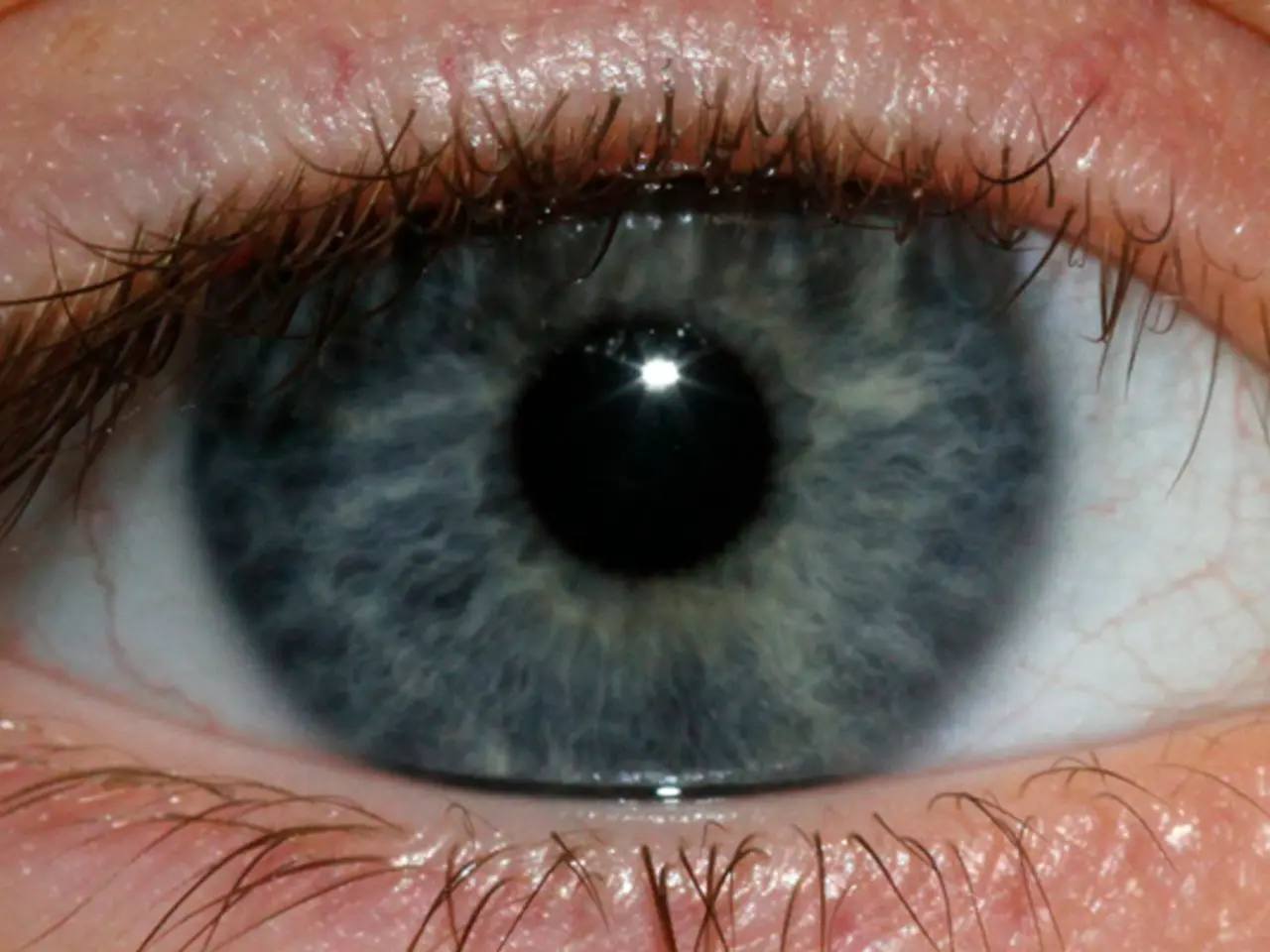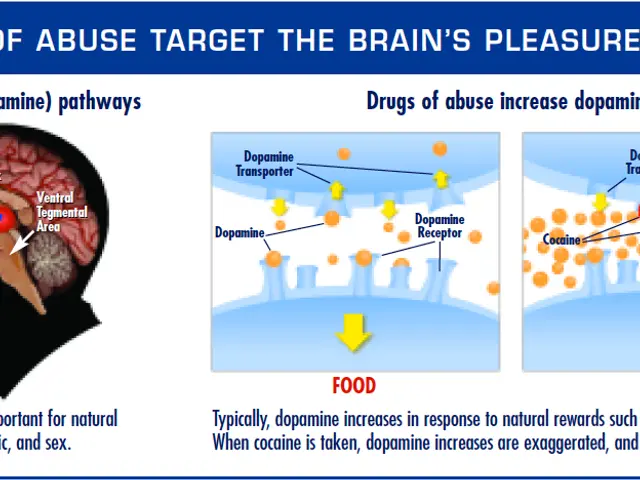Specialist in Vision Therapy: Expert in Behavioral and Developmental Optometry
In the realm of eye care, a subspecialty known as Behavioral Optometry is making a significant impact. This branch of optometry focuses on the brain's connection to vision and the impacts on behaviour that poor vision can have.
Behavioral optometrists, a type of eye specialist, use vision therapy to address visual disorders beyond just visual acuity. They work in tandem with optometrists and vision therapists, who carry out a sequence of eye exercises designed to improve visual efficiency. These exercises help the eyes work more efficiently for daily tasks like reading and writing.
One such technique is the 10-10-10 rule, a technique used in behavioral vision therapy to reduce eye strain and fatigue during near work activities. Another technique, the clock face exercise, is used to improve eye movement skills, specifically saccades. The eye finger exercise, on the other hand, is employed to improve eye teaming skills, specifically convergence.
Vision therapy is not just beneficial for adults; over 20 percent of children have vision problems that can impede their ability to reach their potential. Behavioral optometry looks beyond 20/20 vision and focuses on how the eyes work together, process visual information, and support daily activities like reading, writing, and classroom learning.
Several maladaptive behaviours are associated with visual difficulties. These include frustration, difficulty with sports and coordination, relying on the vision of others, difficulty with visual tracking, letter reversals, skipping words, using a finger to track words, tilting the head or leaning close to work, difficulty with visual perception, poor visual attention, poor visual memory, poor visual motor skills, poor visual discrimination, and poor visual figure ground.
Occupational therapy practitioners can work in conjunction with vision therapists to provide a team approach to learning. They can incorporate the same exercises as vision therapists in their treatment sessions.
Behavioral optometry also acknowledges the brain's connection to vision and treats functional vision problems, including difficulties with binocular vision, eye movements, depth perception, and visual deficits following brain injuries. It addresses a wide array of vision issues, including eye movement control, binocular coordination, visual saccades, visual pursuits, visual convergence, accommodation flexibility and endurance, visual acuity, peripheral vision, visual memory, depth and color perception, gross visual motor skills, fine visual motor skills, visual discrimination, visual memory, visual-spatial relationships, visual form constancy, visual sequential memory, visual figure ground, and visual closure.
While there are no specific organizations listed in the search results that are responsible for the certification of Behavioral Optometrists in Germany, it is clear that this field is making a significant difference in the lives of those struggling with visual efficiency. If you or a loved one experience symptoms such as headache, eye strain or fatigue with close work, fluctuating vision, blurry distance vision after prolonged close work, losing place while reading, re-reading lines and losing concentration when reading, words or letters seeming to jump around, and difficulty with visual tasks, it may be worth considering a referral to a behavioral optometrist.








